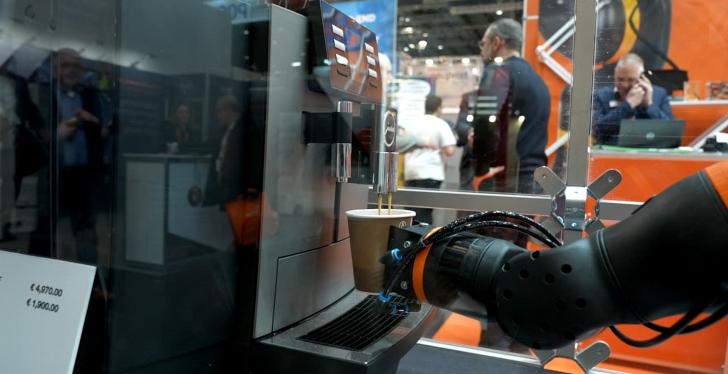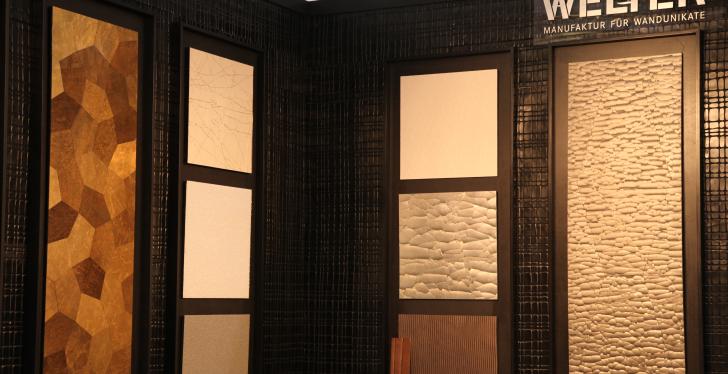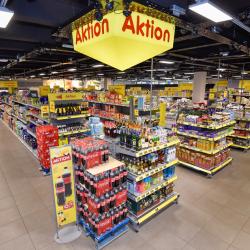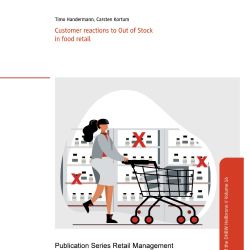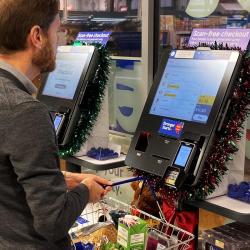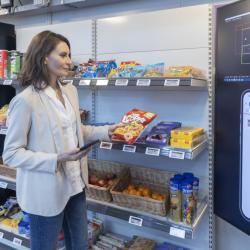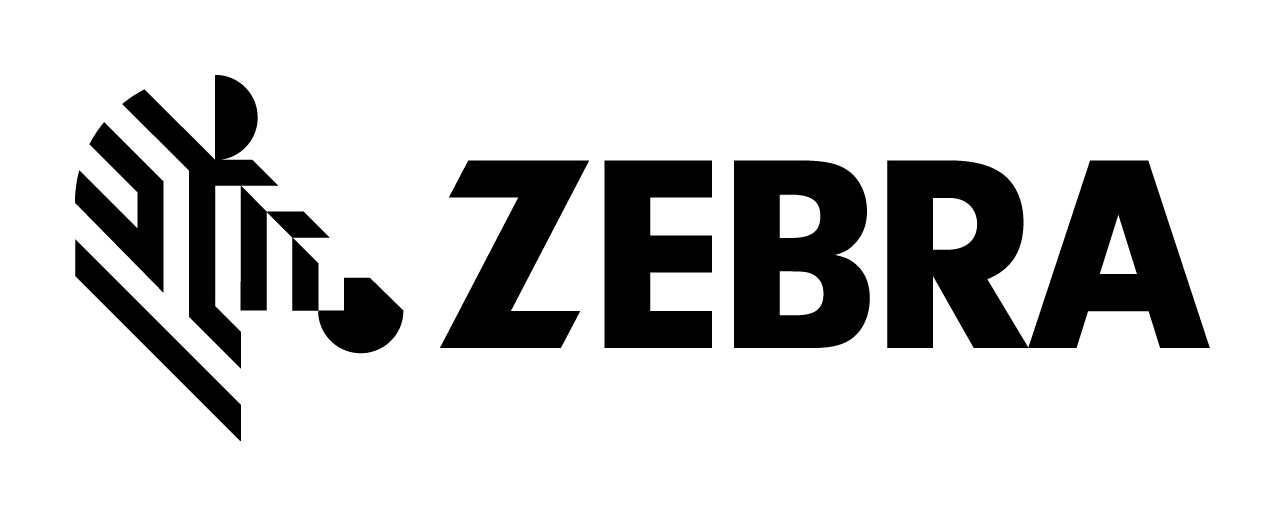Company News • 11.11.2011
Custom glass bending
The possible applications for curved glass panels are many and varied – ranging from facades to designer furniture. Researchers have now developed a process which enables the panels to be shaped six times faster and considerably more cost-effectively. Even small batches can be produced economically.
At times a shimmering gray, at times more of a greenish color, the glass facades of high-rise buildings are mostly fairly similar in appearance. They become unique when individual glass elements are shaped differently, however. The problem is that manufacturing a large number of short runs of glass elements is complex and expensive. The glass bender must first produce an appropriate mold, before laying the glass on top of the mold in a walk-in furnace. At this stage, the glass is only in contact with the top edge of the mold. The furnace is closed and heated over a period of several hours until the material becomes viscous, sinks downward and takes on the shape of the bending mold. The process has its pitfalls, though: if the glass is not heated for long enough, it will not adopt the predefined shape. But if the process lasts too long, pressure marks form at the support points.
All that is set to change now, as researchers at the Fraunhofer Institute for Mechanics of Materials IWM in Freiburg have developed a new glass-bending process as part of a sponsored joint project. “Our process is roughly six times faster than the conventional process, as well as being considerably more energy-efficient and cost-effective,” explains Tobias Rist, a scientist at the IWM. “It’s no longer necessary to produce a special steel mold.” Instead, the researchers have developed a mold which changes according to requirements – it is vaguely reminiscent of the pin art gadgets that you can press your hand into to make an image. The mold starts out flat, with all the support points at the same height. Since the mold and the glass panel placed on it are moved into the furnace by machine, there is no longer any need to reheat the furnace for each batch of glass because the researchers can load it while it is in operation. The process saves a lot of energy and a few hours’ time which the furnace would otherwise need to heat up and cool down.
For one thing, the temperature of the furnace is a few degrees below the temperature at which the glass becomes viscous. Another feature is that additional heat is applied to the glass using a stream of hot air or a laser only at those points which are to be shaped, so that only these parts of the glass become viscous. The mold then adopts the desired geometry at the touch of a button. A device positions the support points so the glass is able to sink downward as dictated by its temperature and the shape of the mold. The major advantages of this approach are that the material changes shape only at the desired points and that flat surfaces stay flat. They do not warp unchecked as before and do not bend back into shape again. This considerably improves the quality of the product’s appearance, with fewer distortions for example. The material assumes the shape better and fewer indentations are formed in the glass.
But how long does the glass need to be heated for? And what is the ideal temperature? “While the conventional process relies a great deal on trial and error, we simulate the process and the material behavior on a computer. We then compare the outcome with the results from physical tests so we can identify and implement the most favorable process conditions,” says Rist. The researchers are also able to regulate and monitor the temperature during the process. So far they have processed sheet glass measuring up to approximately one square meter. The next steps will see the sizes increase and the shapes become even more complex; for example the scientists are aiming not only to produce hemispherical structures but also to go one step further and create aspherical forms. There is also scope for the specialists to improve bending processes or develop processes for producing sheet glass with functional coatings.
channels: materials, security glass


